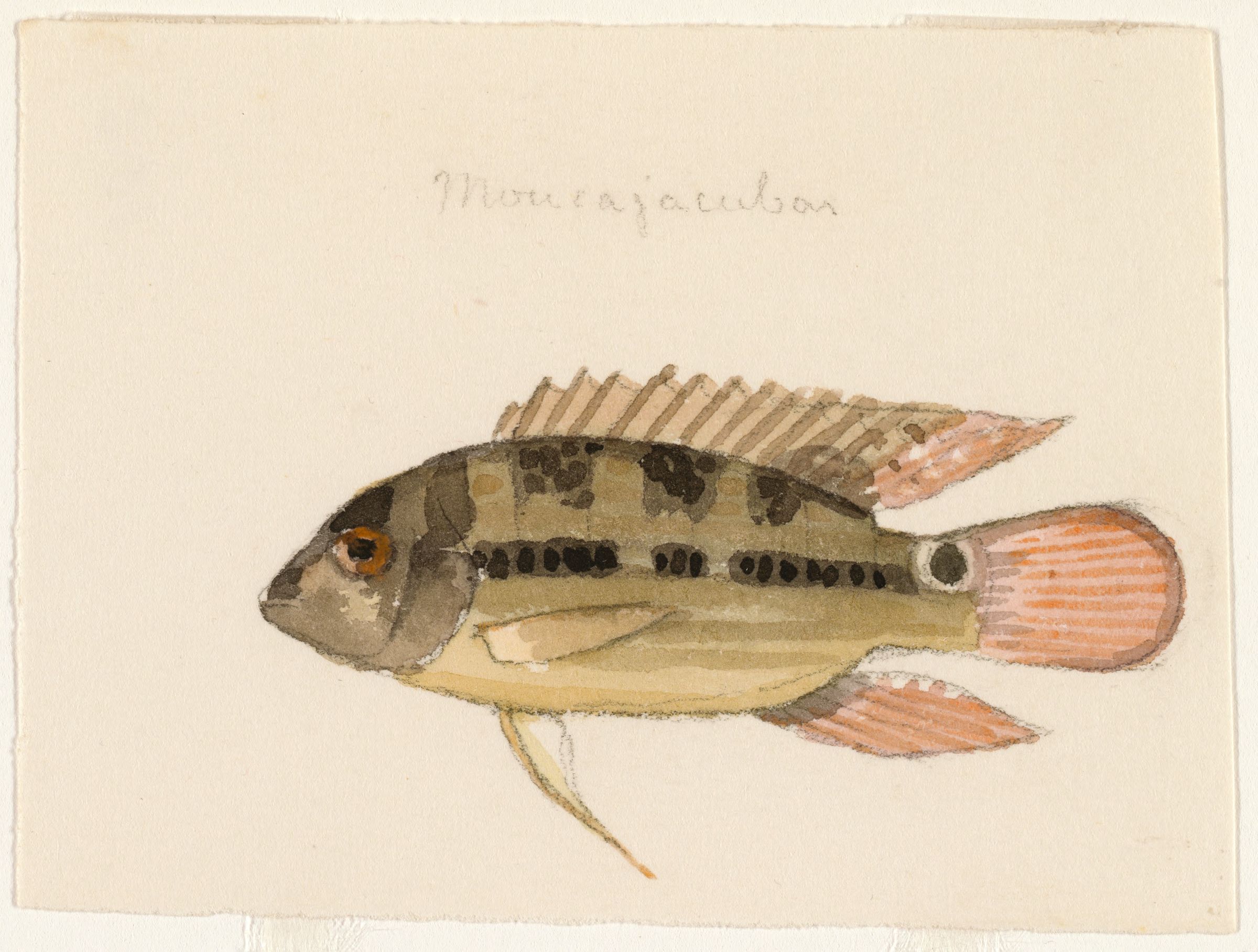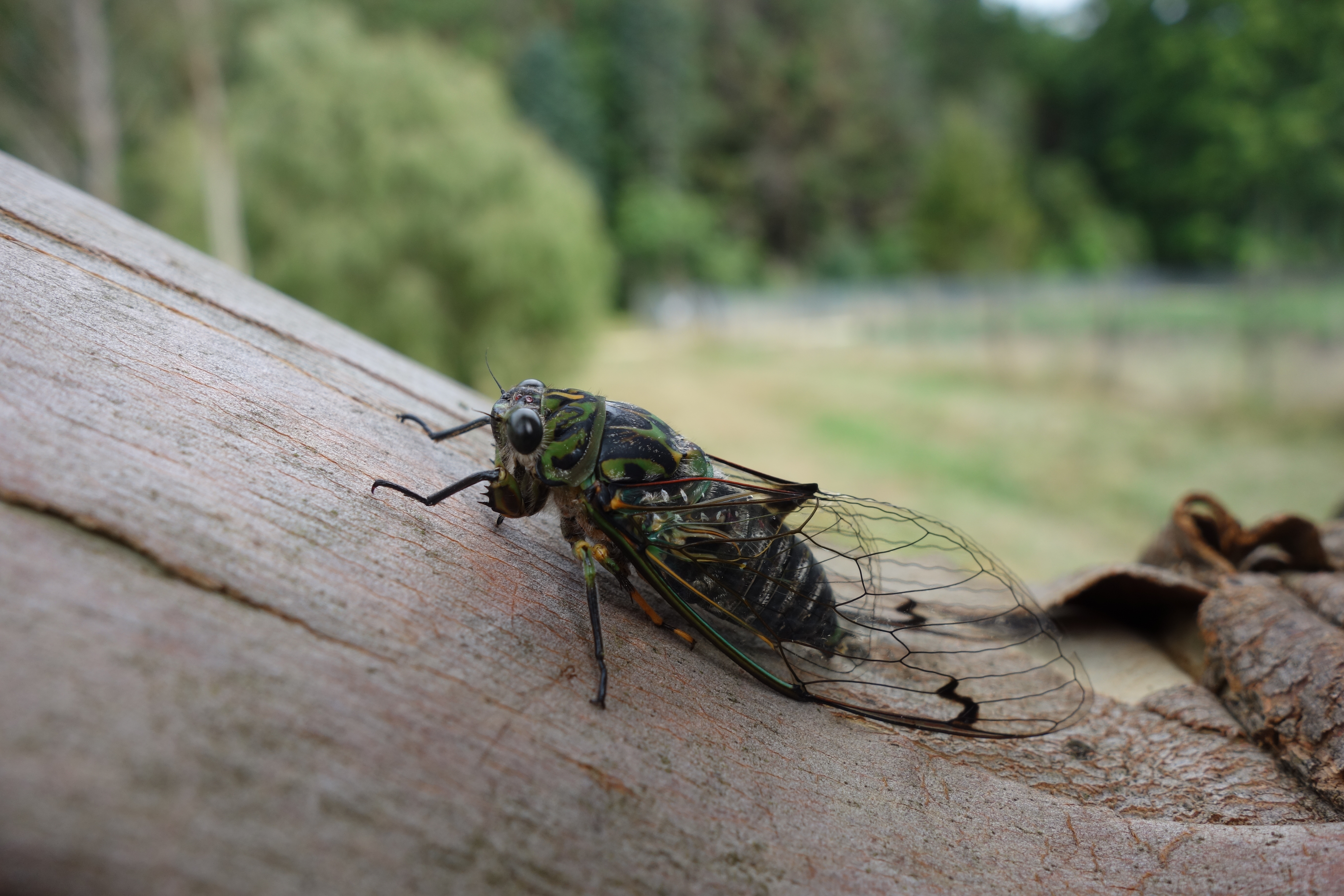|
Xenochromis
''Xenochromis hecqui'' is a species of cichlid endemic to Lake Tanganyika in East Africa. It is mainly found at depths of , but has been recorded somewhat deeper, even in waters virtually devoid of oxygen.Lowe-McConnell, R.H. (1987). Ecological Studies in Tropical Fish Communities. . This species is a scale eater, consuming the scales off of other fishes, but will also feed on copepods. It can reach a total length of up to . Currently it is the only known member of its genus. The specific name honours the Belgian Lieutenant Célestin Hecq (1859-1910), a member of the Belgian colonial forces fighting the slave trade who collected the type Type may refer to: Science and technology Computing * Typing, producing text via a keyboard, typewriter, etc. * Data type, collection of values used for computations. * File type * TYPE (DOS command), a command to display contents of a file. * ... of this species. References Taxa named by George Albert Boulenger Taxonomy articles ... [...More Info...] [...Related Items...] OR: [Wikipedia] [Google] [Baidu] |
Cichlid
Cichlids () are a large, diverse, and widespread family of percomorph fish in the family Cichlidae, order Cichliformes. At least 1,760 species have been scientifically described, making it one of the largest vertebrate families, with only the Cyprinidae being more speciose. New species are discovered annually, and many species remain undescribed. The actual number of species is therefore unknown, with estimates varying between 2,000 and 3,000. They are native to the Neotropics, Africa (including Madagascar), the Middle East, and the Indian subcontinent, although some species have been introduced worldwide. Many cichlids, particularly tilapia, are important food fishes, while others, such as the '' Cichla'' species, are valued game fish. The family also includes many popular freshwater aquarium fish kept by hobbyists, including the angelfish, oscars, and discus. Cichlids have the largest number of endangered species among vertebrate families, most in the haplochrom ... [...More Info...] [...Related Items...] OR: [Wikipedia] [Google] [Baidu] |
Lake Tanganyika
Lake Tanganyika ( ; ) is an African Great Lakes, African Great Lake. It is the world's List of lakes by volume, second-largest freshwater lake by volume and the List of lakes by depth, second deepest, in both cases after Lake Baikal in Siberia. It is the world's longest freshwater lake. The lake is shared among four countries—Tanzania, the Democratic Republic of the Congo (the DRC), Burundi, and Zambia—with Tanzania (46%) and the DRC (40%) possessing the majority of the lake. It drains via the Lukuga River into the Congo River system, which ultimately discharges at Banana, Democratic Republic of the Congo into the Atlantic Ocean. Geography Lake Tanganyika is situated within the Albertine Rift, the western branch of the East African Rift, and is confined by the mountainous walls of the valley. It is the largest rift lake in Africa and the second-largest freshwater lake by volume in the world. It is the deepest lake in Africa and holds the greatest volume of fresh water on the ... [...More Info...] [...Related Items...] OR: [Wikipedia] [Google] [Baidu] |
Lepidophagy
Lepidophagy is a specialised feeding behaviour in fish that involves eating the scales of other fish. Lepidophagy is widespread, having evolved independently in at least five freshwater families and seven marine families. A related feeding behavior among fish is pterygophagy: feeding on the fins of other fish. Species Lepidophagy, or scale-eating, has been reported in a range of fish, including: '' Chanda nama'' (family Ambassidae), '' Plagiotremus'' (family Blenniidae), ''Terapon jarbua'' (family Terapontidae), a few '' Ariopsis'' and '' Neoarius'' species (family Ariidae), '' Pachypterus khavalchor'' (family contentious - variably in Schilbeidae, Bagridae, or Horabagridae), '' Macrorhamphoides uradoi'' (family Triacanthodidae), several pencil catfish (family Trichomycteridae), some piranha, '' Exodon paradoxus'', '' Probolodus'', '' Roeboides'' and '' Roeboexodon'' species (order Characiformes), '' Cyprinodon desquamator'' (family Cyprinodontidae), along with both '' Perissodu ... [...More Info...] [...Related Items...] OR: [Wikipedia] [Google] [Baidu] |
Ectodini
Ectodini is a tribe of cichlids that are endemic to Lake Tanganyika in East Africa. They live in the benthic zone. Most of the genera in this tribe are monotypic. These fishes show diverse morphology and behaviour and the tribe includes taxa which live in sandy, muddy and rocky habitats. Genera The following genera are classified in the tribe Ectodini: * '' Aulonocranus'' Regan, 1920 * '' Callochromis'' Regan, 1920 * '' Cardiopharynx'' Poll Poll, polled, or polling may refer to: Forms of voting and counting * Poll, a formal election ** Election verification exit poll, a survey taken to verify election counts ** Polling, voting to make decisions or determine opinions ** Polling pla ..., 1942 * '' Cunningtonia'' Boulenger, 1906 * '' Cyathopharynx'' Regan, 1920 * '' Ectodus'' Boulenger, 1898 * '' Grammatotria'' Boulenger, 1899 * '' Lestradea'' Poll, 1943 * '' Ophthalmotilapia'' Pellegrin, 1904 * '' Xenochromis'' Boulenger, 1899 * '' Xenotilapia'' Boulenger, 1899 References ... [...More Info...] [...Related Items...] OR: [Wikipedia] [Google] [Baidu] |
George Albert Boulenger
George Albert Boulenger (19 October 1858 – 23 November 1937) was a Belgian-British zoologist who described and gave scientific names to over 2,000 new animal species, chiefly fish, reptiles, and amphibians. Boulenger was also an active botanist during the last 30 years of his life, especially in the study of roses. Life Boulenger was born in Brussels, Belgium, the only son of Gustave Boulenger, a Belgian public notary, and Juliette Piérart, from Valenciennes. He graduated in 1876 from the Free University of Brussels (1834–1969), Free University of Brussels with a degree in natural sciences, and worked for a while at the Royal Belgian Institute of Natural Sciences, Brussels, as an assistant naturalist studying amphibians, reptiles, and fishes. He also made frequent visits during this time to the ''National Museum of Natural History (France), Muséum national d'Histoire naturelle'' in Paris and the Natural History Museum, London, British Museum in London. Boulenger develop ... [...More Info...] [...Related Items...] OR: [Wikipedia] [Google] [Baidu] |
Endemism
Endemism is the state of a species being found only in a single defined geographic location, such as an island, state, nation, country or other defined zone; organisms that are indigenous to a place are not endemic to it if they are also found elsewhere. For example, the Cape sugarbird is found exclusively in southwestern South Africa and is therefore said to be ''endemic'' to that particular part of the world. An endemic species can also be referred to as an ''endemism'' or, in scientific literature, as an ''endemite''. Similarly, many species found in the Western ghats of India are examples of endemism. Endemism is an important concept in conservation biology for measuring biodiversity in a particular place and evaluating the risk of extinction for species. Endemism is also of interest in evolutionary biology, because it provides clues about how changes in the environment cause species to undergo range shifts (potentially expanding their range into a larger area or b ... [...More Info...] [...Related Items...] OR: [Wikipedia] [Google] [Baidu] |
East Africa
East Africa, also known as Eastern Africa or the East of Africa, is a region at the eastern edge of the Africa, African continent, distinguished by its unique geographical, historical, and cultural landscape. Defined in varying scopes, the region is recognized in the United Nations Statistics Division United Nations geoscheme for Africa, scheme as encompassing 18 sovereign states and 4 territories. It includes the Horn of Africa to the North and Southeastern Africa to the south. Definitions In a narrow sense, particularly in English-speaking contexts, East Africa refers to the area comprising Kenya, Tanzania, and Uganda, largely due to their shared history under the Omani Empire and as parts of the British East Africa Protectorate and German East Africa. Further extending East Africa's definition, the Horn of Africa—comprising Djibouti, Eritrea, Ethiopia, and Somalia—stands out as a distinct geopolitical entity within East Africa.Robert Stock, ''Africa South of the Sahara, ... [...More Info...] [...Related Items...] OR: [Wikipedia] [Google] [Baidu] |
Oxygen
Oxygen is a chemical element; it has chemical symbol, symbol O and atomic number 8. It is a member of the chalcogen group (periodic table), group in the periodic table, a highly reactivity (chemistry), reactive nonmetal (chemistry), nonmetal, and a potent oxidizing agent that readily forms oxides with most elements as well as with other chemical compound, compounds. Oxygen is abundance of elements in Earth's crust, the most abundant element in Earth's crust, making up almost half of the Earth's crust in the form of various oxides such as water, carbon dioxide, iron oxides and silicates.Atkins, P.; Jones, L.; Laverman, L. (2016).''Chemical Principles'', 7th edition. Freeman. It is abundance of chemical elements, the third-most abundant element in the universe after hydrogen and helium. At standard temperature and pressure, two oxygen atoms will chemical bond, bind covalent bond, covalently to form dioxygen, a colorless and odorless diatomic gas with the chemical formula ... [...More Info...] [...Related Items...] OR: [Wikipedia] [Google] [Baidu] |
Copepod
Copepods (; meaning 'oar-feet') are a group of small crustaceans found in nearly every freshwater and saltwater habitat (ecology), habitat. Some species are planktonic (living in the water column), some are benthos, benthic (living on the sediments), several species have Parasitism, parasitic phases, and some continental species may live in limnoterrestrial habitats and other wet terrestrial places, such as swamps, under leaf fall in wet forests, bogs, springs, ephemeral ponds, puddles, damp moss, or water-filled recesses of plants (phytotelmata) such as bromeliads and pitcher plants. Many live underground in marine and freshwater caves, sinkholes, or stream beds. Copepods are sometimes used as Ecological indicator, biodiversity indicators. As with other crustaceans, copepods have a larval form. For copepods, the egg hatches into a Crustacean larvae#Nauplius, nauplius form, with a head and a tail but no true thorax or abdomen. The larva molts several times until it resembles the a ... [...More Info...] [...Related Items...] OR: [Wikipedia] [Google] [Baidu] |
Genus
Genus (; : genera ) is a taxonomic rank above species and below family (taxonomy), family as used in the biological classification of extant taxon, living and fossil organisms as well as Virus classification#ICTV classification, viruses. In binomial nomenclature, the genus name forms the first part of the binomial species name for each species within the genus. :E.g. ''Panthera leo'' (lion) and ''Panthera onca'' (jaguar) are two species within the genus ''Panthera''. ''Panthera'' is a genus within the family Felidae. The composition of a genus is determined by taxonomy (biology), taxonomists. The standards for genus classification are not strictly codified, so different authorities often produce different classifications for genera. There are some general practices used, however, including the idea that a newly defined genus should fulfill these three criteria to be descriptively useful: # monophyly – all descendants of an ancestral taxon are grouped together (i.e. Phylogeneti ... [...More Info...] [...Related Items...] OR: [Wikipedia] [Google] [Baidu] |
Specific Name (zoology)
In zoological nomenclature, the specific name (also specific epithet, species epithet, or epitheton) is the second part (the second name) within the scientific name of a species (a binomen). The first part of the name of a species is the name of the genus or the generic name. The rules and regulations governing the giving of a new species name are explained in the article species description. For example, the scientific name for humans is ''Homo sapiens'', which is the species name, consisting of two names: ''Homo'' is the " generic name" (the name of the genus) and ''sapiens'' is the "specific name". Etymology Historically, ''specific name'' referred to the combination of what are now called the generic and specific names. Carl Linnaeus, who formalized binomial nomenclature, made explicit distinctions between specific, generic, and trivial names. The generic name was that of the genus, the first in the binomial, the trivial name was the second name in the binomial, and the ... [...More Info...] [...Related Items...] OR: [Wikipedia] [Google] [Baidu] |
Belgium
Belgium, officially the Kingdom of Belgium, is a country in Northwestern Europe. Situated in a coastal lowland region known as the Low Countries, it is bordered by the Netherlands to the north, Germany to the east, Luxembourg to the southeast, France to the south, and the North Sea to the west. Belgium covers an area of and has a population of more than 11.8 million; its population density of ranks List of countries and dependencies by population density, 22nd in the world and Area and population of European countries, sixth in Europe. The capital and Metropolitan areas in Belgium, largest metropolitan region is City of Brussels, Brussels; other major cities are Antwerp, Ghent, Charleroi, Liège, Bruges, Namur, and Leuven. Belgium is a parliamentary system, parliamentary constitutional monarchy with a complex Federation, federal system structured on regional and linguistic grounds. The country is divided into three highly autonomous Communities, regions and language areas o ... [...More Info...] [...Related Items...] OR: [Wikipedia] [Google] [Baidu] |







